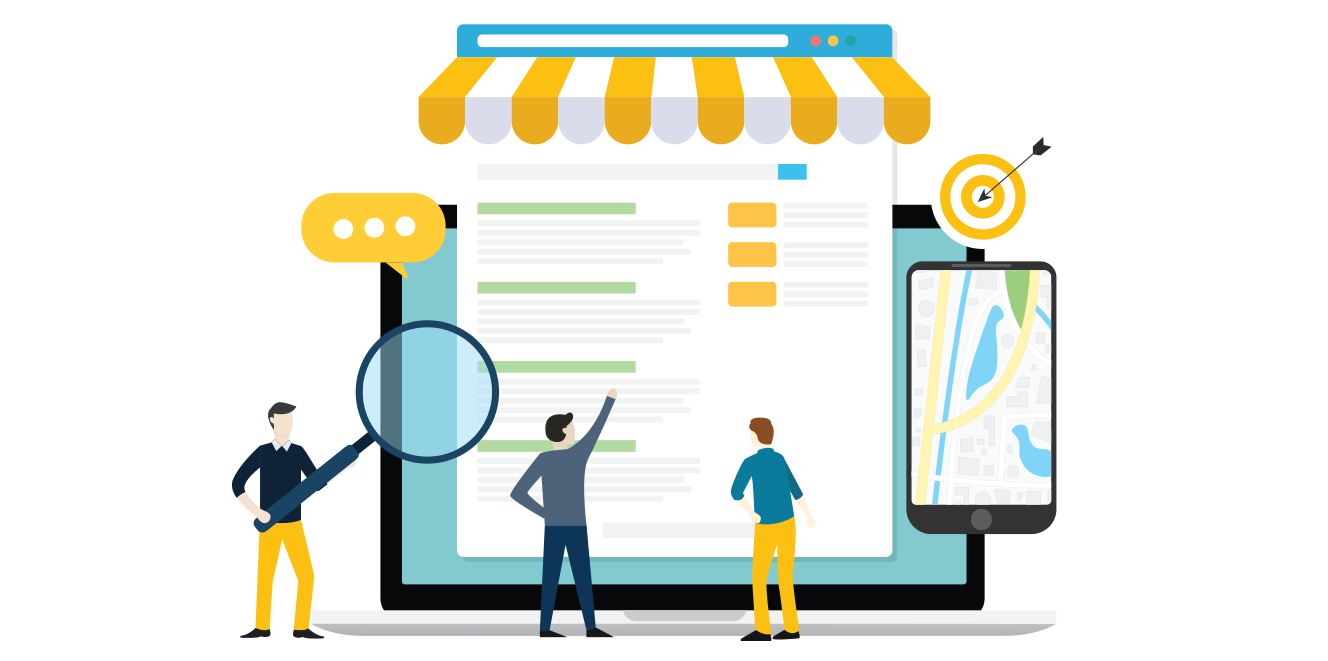E-commerce has seen a tremendous evolution in recent years, with the advent of new technologies and changing consumer behaviors. If you're considering launching your own online store, it's essential to stay updated on the latest insights and trends shaping the e-commerce landscape. Here are some recent insights to help guide you through the process:
1. Mobile Commerce Dominance
With the increasing use of smartphones, mobile commerce (m-commerce) has become a dominant force in e-commerce. Ensure your online store is optimized for mobile devices to provide a seamless shopping experience for mobile users.
2. Personalization and Customer Experience
Personalization plays a significant role in e-commerce success. Utilize customer data to tailor product recommendations, emails, and marketing campaigns. Providing exceptional customer service and a seamless shopping experience will help build customer loyalty.
3. Omnichannel Retailing
Omnichannel retailing integrates online and offline channels to provide a cohesive shopping experience across multiple touchpoints. Consider implementing strategies such as click-and-collect, where customers can order online and pick up their items in-store.
4. Voice Commerce
Voice commerce, enabled by virtual assistants like Amazon's Alexa and Google Assistant, is gaining popularity. Optimize your product listings for voice search and consider integrating voice commerce capabilities into your online store.
5. Sustainable E-Commerce Practices
Consumers are increasingly conscious of sustainability, driving the demand for eco-friendly products and practices. Consider implementing sustainable packaging, offering eco-friendly product options, and communicating your commitment to sustainability to attract environmentally-conscious consumers.
6. AI and Machine Learning
AI and machine learning technologies can help optimize various aspects of your online store, from product recommendations to inventory management. Leverage these technologies to streamline processes and enhance the shopping experience for your customers.
7. Social Commerce
Social media platforms continue to play a significant role in e-commerce. Explore social commerce options such as shoppable posts and in-platform checkout features to reach and engage with your target audience directly on social media.
8. Cybersecurity
As online transactions increase, cybersecurity becomes paramount. Invest in robust cybersecurity measures to protect your customers' sensitive information and build trust in your brand.
9. Subscription-Based Models
Subscription-based e-commerce models offer convenience and recurring revenue streams. Consider implementing subscription options for your products or services to cater to customers seeking hassle-free shopping experiences.
10. Data Privacy and Compliance
With the implementation of regulations like GDPR and CCPA, ensuring data privacy and compliance is crucial. Familiarize yourself with relevant regulations and take steps to safeguard your customers' data.
By staying informed about these recent insights and trends in e-commerce, you can better position your online store for success in a rapidly evolving digital landscape.
Remember, launching an online store is just the beginning. Continuously monitor industry developments and adapt your strategies to meet the evolving needs and preferences of your customers.






Leave a comment